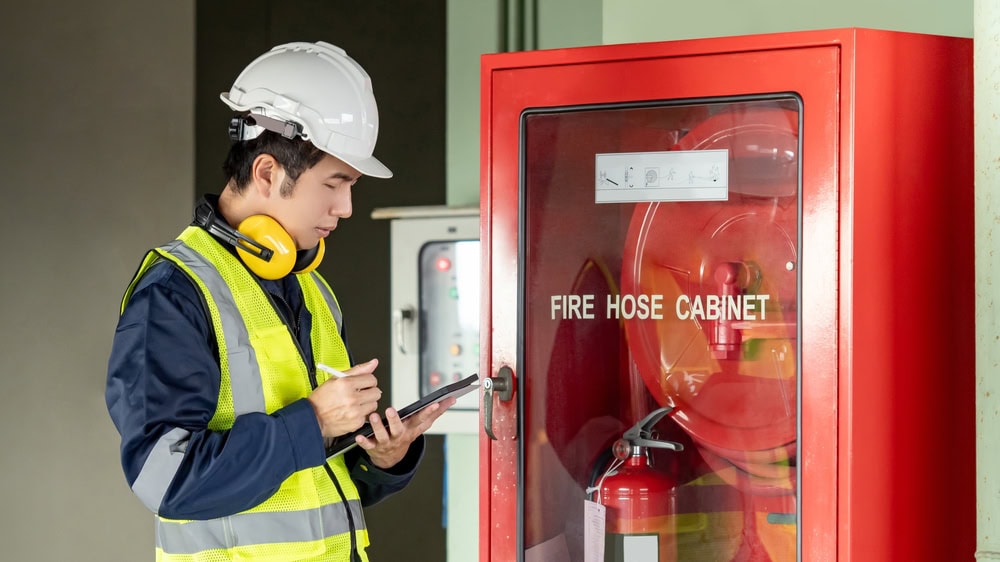How to Collect Customer Deposits Legally and Safely in California
Collecting customer deposits is a crucial part of running a contracting business in California. Done right, deposits protect both you and your client, helping to ensure a smooth project from start to finish. But if you get it wrong, even unintentionally, you risk legal trouble, lost trust, and financial headaches. For contractors preparing for the … Read more










